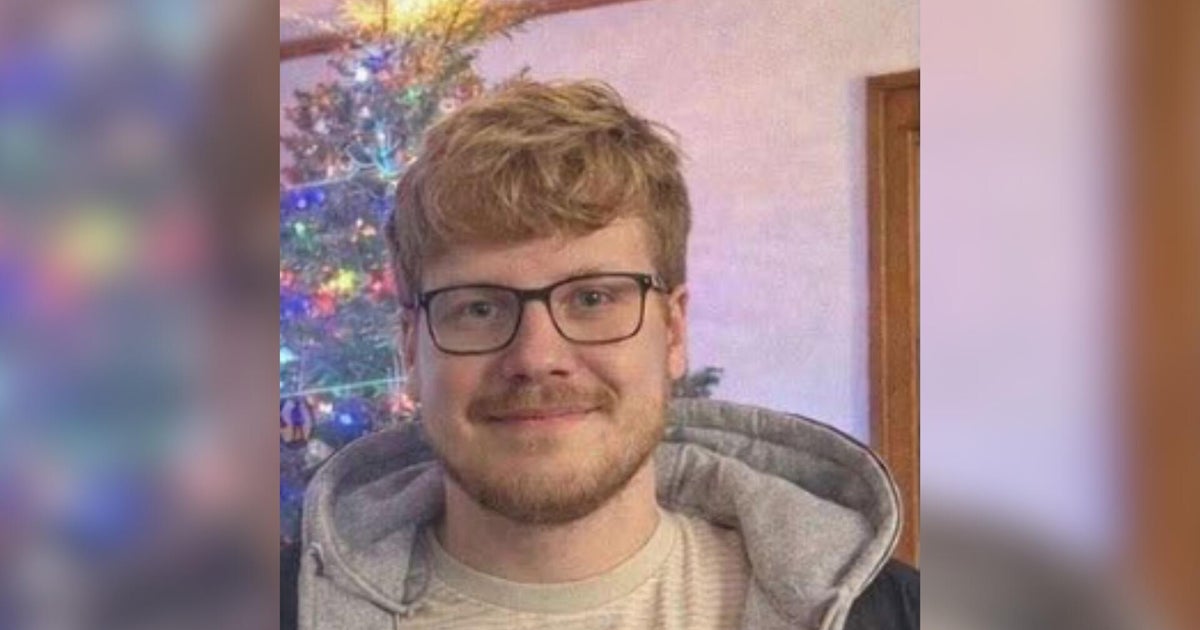MichBio Programs Explore Ag-Pharma, Device-Drug Links
GRAND RAPIDS -- Speakers addressed a wide range of issues during sector breakout talks Thursday at the MichBio Expo, the annual gathering of the state's biotechnology industry.
A morning session on combination products -- medical devices that incorporate pharmaceuticals -- demonstrated the strong growth in this product category.
Kevin McLeod of the Southwest Michigan First Medical Device Accelerator in Kalamazoo said the category started out with stents for heart patients, but has branched into more therapeutic areas -- chronic pain, Parkinson's disease, age-related eye problems and heart muscle regeneration.
FDA applications for such products rose from 100 in 2003 to more than 300 by 2009.
Another panelist, Leah Kendall, of the FDA law firm Epstein Becker & Green, explained the unique legal issues of this product category that led to a Combination Product Coalition being formed.
Later in the day, an ag-biotech panel predicted big growth for this category as well. Daniel Broderick of the St. Louis biotech accelerator BioGenerator said there will have to be major innovations in agriculture to keep up with rising populations.
He said milk production already requires 65 percent less water and 90 percent less land than it did in 1944.
"Agriculture is not an optional industry," Broderick said. "Facebook is optional, iPads, optional, Groupon, optional. Yet that is where all the venture money is going. But when somebody is hungry, they need to be fed."
Broderick also predicted increasing scarcity of fresh water.
Randy Olinger of the Michigan State University Bioeconomy Institute ran down the history of MSU taking over a 140,000-square-foot former Parke Davis, then Warner Lambert, then Pfizer laboratory and pilot plant building, where companies are now at work producing the biotech firms of tomorrow. More at www.biobusinessaccelrator.com.
And Paul Horst, CEO of Plymouth-based Algal Scientific, described how his company is using algae in a controlled fashion to prevent destructive algae blooms. Horst noted that algae is a huge environmental problem, causing dead zones everywhere from the Gulf of Mexico to Lake Erie. Nutrient pollution causes it, from agriculture, food processing, the beverage industry, the chemical industry, the pharmaceutical industry -- even breweries, wineries and distilleries.
"We create controlled algal blooms to remove nutrients from wastewater, and recycle those nutrients into valuable biomass," Horst said. That biomass can be used for everything from bioenergy to bioplastics to organic fertilizer to pharmaceuticals.
Horst complained that it's been hard for his company to find funding -- "Frankly it's not as sexy as alternative energy or medical devices or pharma."
More at www.algalscientific.com.
The event closed with a keynote from Michigan native and Michigan State University graduate Kim Popovits, President and CEO of California-based Genomic Health, which developed cancer tests to determine how aggressive cancers are and which treatments work best for specific patients.
Popovits likened genomic sequencing to solving a puzzle, and said the last few pieces of the human genomic puzzle are being filled in, which will lead to treatments tailored to individuals.
She said $80 billion will be spent on cancer drugs in 2012, and only $20 billion of those treatments will actually do patients any good.
Particularly in early stage breast cancer, Popovits said, "the ugly truth is only three or four patients out of 100 get any benefit from chemo for early stage cancer. But if you can't identify those three or four how can you not offer it to all of them?"
Genomic Health's tests do just that -- identify patients for whom chemo is useless, and even more importantly, identifying those whom it will help, when conventional diagnostics shows it won't.







